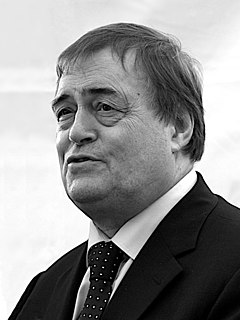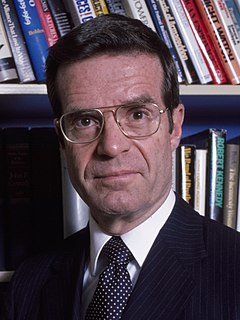A Quote by Chuka Umunna
My father was a black, working-class man who arrived here with no money in his pocket from Nigeria; my mum came from more of a middle-class background, whose father had prosecuted the Nazis at Nuremberg.
Related Quotes
I was brought up in a very naval, military, and conservative background. My father and his friends had very typical opinions of the British middle class - lower-middle class actually - after the war. My father broke into the middle class by joining the navy. I was the first member of my family ever to go to private school or even to university. So, the armed forces had been upward mobility for him.
My father's father wrote for a Philadelphia newspaper and aspired to be a playwright. We had in our house a couple of crazy unproduced plays that he had written. For the one creative writing class I took in my life, I didn't do any writing - I decided that I would plagiarize his terrible play to not fail the class.
Actually we've had a black bourgeoisie or the makings of a black bourgeoisie for many more decades.In a sense the quest for the emancipation of black people in the US has always been a quest for economic liberation which means to a certain extent that the rise of black middle class would be inevitable. What I think is different today is the lack of political connection between the black middle class and the increasing numbers of black people who are more impoverished than ever before.


































